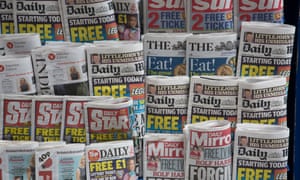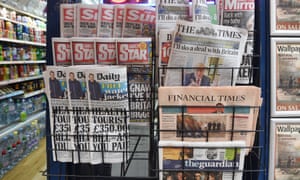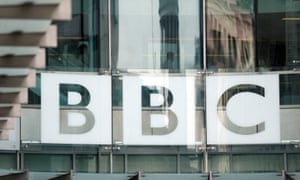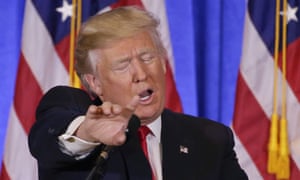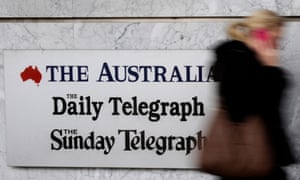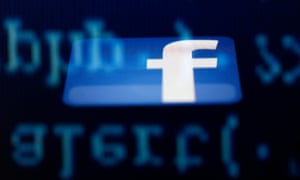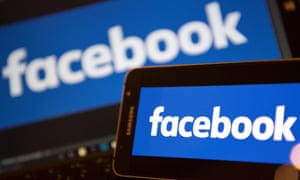Read more at http://www.campaignlive.co.uk/article/microsoft-joins-amazon-expedia-lawsuit-against-muslimban
http://www.campaignlive.co.uk/article/microsoft-joins-amazon-expedia-lawsuit-against-muslimban/1422622
This article only briefly talks about the 3 media tech companies that have shown support for the US attorney general's decision to file a lawsuit against Trumps order to ban people entering the US from the set of 7 countries.
-Citizens of the seven countries named as security risks are banned from entering the United States for the next 90 days
-7 countries include;
Yemen
Somalia
Syria
Libya
Iran
Iraq
Afghanistan
-Obama also had ban which lasted for 6 months
I believe that the ban is unnecessary but people referring to it as a 'muslim ban' isnt correct either as it doesnt say this anywhere in the executive order just a review of screening for these 'suspicious' countries. whether or not he has the authority to do this is being argued by the attorney general and the extent to which Amazons support goes is limited as this is a federal issue.


